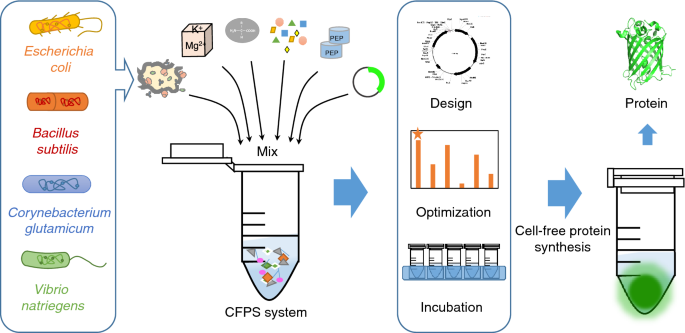Advancements in Cell-Free Protein Synthesis (CFPS) : A Comprehensive Guide

About Course
The world of biotechnology is evolving rapidly, and Cell-Free Protein Synthesis (CFPS) is at the forefront of revolutionizing protein engineering, synthetic biology, and pharmaceutical development. Unlike traditional cell-based methods, CFPS enables the synthesis of proteins in a controlled environment, bypassing the complexities of living cells. This course provides an in-depth exploration of CFPS, from its fundamental principles to cutting-edge applications in drug discovery, genetic engineering, and industrial biotechnology.
Through this course, you will delve into the mechanisms of CFPS, uncover recent breakthroughs, and master practical protocols for designing and optimizing experiments. You’ll explore real-world case studies, discover how CFPS is transforming fields like synthetic biology and personalized medicine, and learn about the challenges that researchers and industries are working to overcome. Whether you are a student, researcher, or industry professional, this course will equip you with the knowledge and tools needed to leverage CFPS for scientific and technological advancements.
Course Content
Introduction to Cell-Free Protein Synthesis (CFPS)
What is CFPS?
00:00Historical Context and Evolution
00:00Key Advantages and Applications
00:00